The Section 199A deduction, also known as the Qualified Business Income (QBI) deduction, was introduced as part of the 2017 Tax Cuts and Jobs Act (TCJA). This tax provision was designed to benefit pass-through businesses like sole proprietorships, partnerships, S-corporations, and some LLCs by allowing them to deduct up to 20% of their QBI. However, the deduction, which has been a cornerstone of tax relief for millions of small business owners, is set to expire at the end of 2025 unless Congress acts to extend it.
As debates continue about its future, businesses should take proactive steps to understand what the expiration could mean for their financial planning and how to prepare for potential changes. This article unpacks the origins of the deduction, its current state, and how businesses can adapt to upcoming developments.
A Brief History of Section 199A
The Section 199A deduction was introduced to level the playing field between pass-through businesses and C corporations. Under the TCJA, the corporate tax rate was permanently reduced from 35% to 21%, leaving many small business owners at a comparative disadvantage. The QBI deduction aimed to address this disparity by offering a temporary 20% tax break for eligible pass-through entities.
This deduction has provided significant relief for millions of small business owners, reducing their taxable income and freeing up resources for reinvestment and growth. However, unlike the corporate tax rate reduction, which is permanent, the QBI deduction is scheduled to expire after 2025. This timeline creates uncertainty for businesses relying on the deduction to offset their tax burdens.
Current Design and Limitations of Section 199A
The Section 199A deduction allows eligible taxpayers to deduct up to 20% of their QBI, subject to specific limitations:
- Income Thresholds: For 2024, taxpayers with taxable income under $383,900 (joint filers) or $191,950 (single filers) can claim the full deduction. Above these thresholds, limits begin to phase in and apply differently depending on the type of business.
- Specified Service Trade or Business (SSTB) Limitations: Owners of certain service businesses, such as law, accounting, and healthcare, face additional restrictions. If their income exceeds $483,900 (joint filers) or $241,950 (single filers), they may lose the deduction entirely.
- Wage and Capital Asset (WCA) Limitations: For non-SSTB businesses, the deduction cannot exceed the greater of 50% of W-2 wages paid by the business or 25% of W-2 wages plus 2.5% of the cost of qualified tangible capital assets.
Since its introduction, the deduction has provided substantial tax savings, particularly for those with moderate incomes and non-SSTB businesses. By 2020, over 22 million taxpayers claimed the deduction, amounting to $166.1 billion in tax relief, according to IRS data.
Why the Deduction May Expire
The QBI deduction was designed as a temporary provision under the TCJA, primarily to adhere to budgetary constraints. With its expiration date set for December 31, 2025, Congress must act to extend it or make it permanent. The debate over the deduction’s future hinges on several factors:
- Revenue Costs: Critics highlight the significant cost of the deduction, with the Joint Committee on Taxation estimating a $258 billion revenue loss between FY2022 and FY2026. This loss places additional pressure on federal budgets, particularly amid rising deficits.
- Limited Evidence of Economic Impact: Studies, such as a 2022 report by Lucas Goodman and colleagues, found little evidence that the deduction spurred significant investment, job creation, or independent contractor growth as originally intended.
- Complexity: Many small business owners find the deduction’s rules challenging to navigate, leading to underutilization or costly compliance efforts.
Arguments for Extending Section 199A
Despite criticisms, the deduction has strong bipartisan support for extension. Proponents argue that it:
- Supports Small Businesses: By lowering tax burdens, the deduction allows businesses to reinvest profits in growth, innovation, and hiring.
- Promotes Fairness: The deduction narrows the tax disparity between pass-through businesses and C corporations, creating a more equitable tax landscape.
- Boosts Economic Activity: Advocates claim that extending the deduction will provide businesses with the confidence and financial stability needed to drive economic growth.
Legislative efforts, such as the proposed Main Street Tax Certainty Act, aim to make the deduction permanent, ensuring long-term benefits for small businesses.
Preparing for the Potential Expiration
With the future of the Section 199A deduction uncertain, business owners should take proactive steps to prepare for its possible expiration:
- Review Current Tax Strategies: Work with a tax professional to understand how the loss of the deduction might affect your tax liability and explore alternative strategies to mitigate the impact.
- Reinvest While Possible: If your business benefits from the deduction, consider using the tax savings to invest in long-term growth, such as upgrading equipment, expanding operations, or hiring additional staff.
- Monitor Legislative Updates: Stay informed about congressional debates and potential legislative changes. Government resources, such as updates from the Congressional Research Service (CRS), provide valuable insights into ongoing discussions.
- Plan for 2026 and Beyond: Begin scenario planning for a post-deduction tax landscape. Evaluate how changes might influence your pricing, budgeting, and investment decisions.
What’s Next?
As the expiration date approaches, the debate around the Section 199A deduction highlights the broader challenges of balancing tax relief with fiscal responsibility. Whether extended, modified, or allowed to expire, the outcome will have far-reaching implications for millions of small business owners.
For now, the best course of action is to stay informed and prepare. If you need guidance navigating these changes, contact our team of CPAs for personalized advice tailored to your business. Together, we can ensure you’re ready for whatever comes next.


